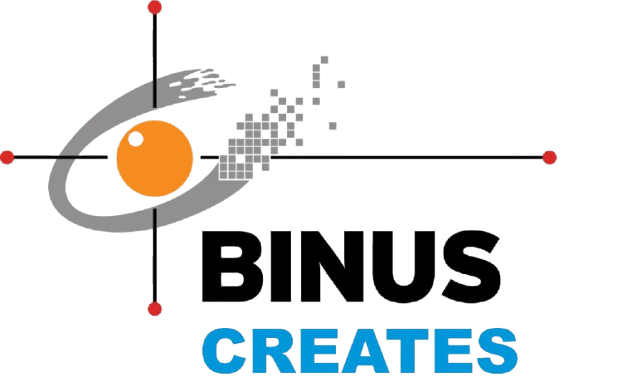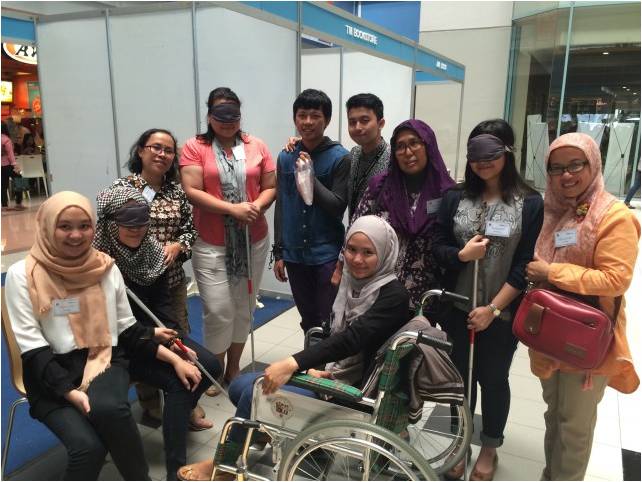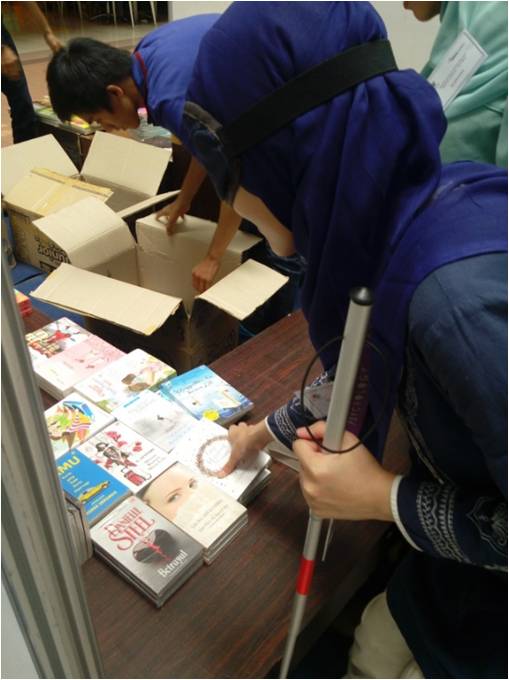Intensive Course on Inclusion Education: Humane Approach Toward People with Disability
According to Ministry for Women’s Empowerment and Child Protection of Indonesia, 8.3% out of the total children in Indonesia are in the category of children with special needs (disabilities). These special needs also arises a great responsibility to create a system by people who live around them; from the government as a regulator, parents as closest person to their kids, and also teachers as the “second parent” who are responsible in accompanying and developing the kids’ potential in school.
Realizing the importance of education and development of children with special needs, BINUS UNIVERSITY together with MIMI Institute were then doing a collaboration of a workshop called Intensive Course on Inclusion Education (ICIE).
MIMI Institute is a non-profit organization established by Ms. Mimi Lusli in 2009 who has a life-long desire to create Indonesia as an inclusive society. Its goal is to make a better world for kids and people with disability to be accepted to the general community by empowering them to improve the fighting spirit and the independency to help themselves while interacting with people with and without disability. Aside to that, MIMI Institute also aimed the people without disability to get a better knowledge about disability and have a positive attitude while interacting with disable people by providing accessibility.
ICIE itself is an annual mini learning program to raise people’s awareness about disability, providing education to academician (teacher, lecturer, researcher), professional (therapist, psychologist, counselor, doctor, social worker), and parents. Together with the Psychology program at BINUS University, the workshop was already held twice this year; the 1st event phase was held at Binus Kijang, Kemanggisan on February to March 2015 and the 2nd event was held on April 2016.
The participants were given the opportunity to experience how it’s like to be a person with disability. During the workshop, people experienced to be disable such as limbless, blind, deaf, and paralyzed—and were asked to do regular activities with several condition: eyes closed tight, one tied hand or feet, ears plugged or by using wheelchair. Facing this unfamiliar situation left the participants onto how to cooperate with others to cover the shortcomings. Participants got to know a sense of trust to all those they communicated with during the workshop. “It was truly an unforgettable experience and forming our sympathy toward our friends with disability,” said one of the participants.
Through this knowledgeable, humble, and heartful program, we were given a brief shock therapy of how small we are as an individual and why we should be humble to others people around us, yet confident with ourselves no matter our circumstances.



Comments :